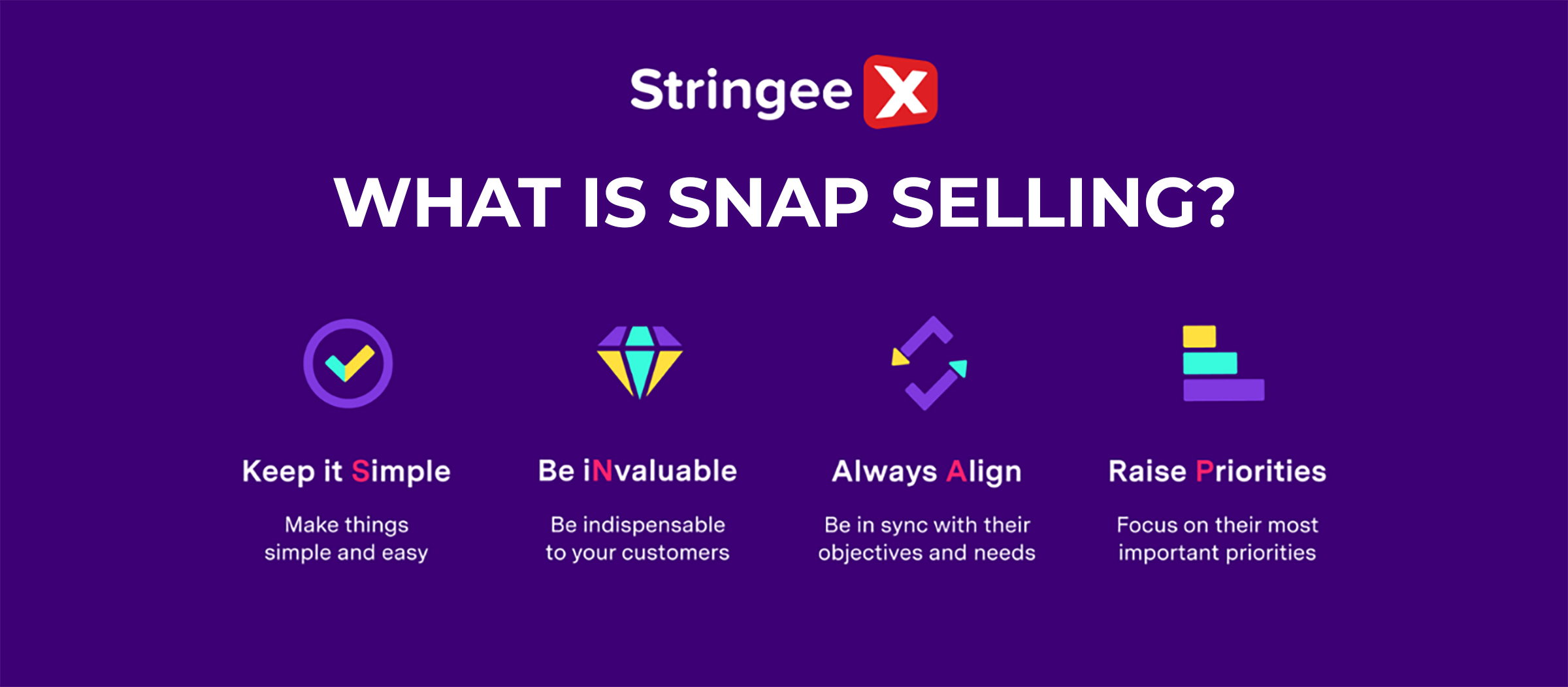Introduction
In the era where digital marketing reigns supreme, telemarketing still stands out as an effective method to drive more direct sales. However, this type has its own set of challenges that can negate its benefits. Keep reading to learn more about telemarketing advantages and disadvantages and how to make the most out of it!
What Is Telemarketing?
Telemarketing is advertising your products via phone calls. Source: Pix4free
Telemarketing is promoting your services or products over the telephone. Agents will make direct phone calls to existing or potential customers to advertise their goods. The main goal is not to close deals but to increase brand awareness and build relationships with customers.
When contacting clients directly with clients, call agents can gain insights into their thoughts, feelings, and behavior in real-time. This data empowers businesses to fine-tune their products and services, delivering the highest-quality customer experience and satisfaction.
Telemarketing comes in various types, including inbound telemarketing, outbound telemarketing, B2B telemarketing, and B2C telemarketing. For each customer segment, you can make different calls, such as cold calls, warm calls, and hot calls.
Telemarketing Advantages And Disadvantages
Advantages
Two-way Communication & Personalization
One of the key advantages of telemarketing is the ability to engage in two-way communication with customers. Unlike other forms of advertising, such as TV or print, telemarketing allows businesses to have a direct conversation with their target audience. This immediate interaction makes it easier for businesses to understand the specific needs and preferences of each customer.
Moreover, telemarketing allows for a highly personalized approach. Marketers can customize their sales pitch based on the customer’s responses, interests, and concerns. This personal touch increases the chances of building a strong relationship with the customer, leading to higher conversion rates and customer loyalty.
StringeeX’s omnichannel contact center is an all-rounded solution to your telemarketing strategies. Our call center provides a common ground for not only customer service teams but also sales and marketing teams. They can work directly with customers, and all interactions are recorded.

Immediate Feedback
Telemarketing provides businesses with instant feedback from customers. As a telemarketer, you can quickly gauge whether a customer is interested in your product or service or if they need more information. This real-time response allows businesses to adjust their approach right away, making the process more dynamic and adaptable.
For example, if a customer expresses interest, the telemarketer can offer further details, answer questions, or even close the sale on the spot. If the customer shows reluctance, the marketer can modify their pitch or offer incentives to win the customer's trust. This flexibility is one of the reasons telemarketing can be so effective.
Easier To Explain And Drive Sales
Telemarketing makes it easier to explain complex products or services. Unlike digital ads or brochures, where you rely on the customer’s ability to understand your message on their own, telemarketing allows the sales representative to provide a clear and detailed explanation in real-time. If the customer has any doubts, the telemarketer can address them immediately, increasing the likelihood of making a sale.
With this personal interaction, it’s easier to highlight the benefits of the product and show how it can solve the customer’s problems. This direct explanation can help convince customers to take action, whether it's making a purchase or scheduling a follow-up meeting.
Telemarketing makes it easier to explain the products and services. Source: Pickpik
Low Cost
Telemarketing is a cost-effective way to reach potential customers. Compared to traditional marketing methods like TV ads or billboards, telemarketing doesn’t require a large budget. It’s relatively inexpensive to set up and run a telemarketing campaign, especially when using automated dialing systems.
Even with the costs of hiring and training staff, telemarketing can still offer a better return on investment (ROI) compared to other channels. For smaller businesses or startups, it’s a great way to reach customers without breaking the bank.
Expand Your Reach Globally
Another significant advantage of telemarketing is the ability to reach customers across the globe. Unlike local advertising methods, which are often limited to a specific region, telemarketing can span any geographical location. As long as you have the necessary infrastructure, you can dial into any country and target customers anywhere in the world.
This ability to expand globally is especially beneficial for businesses looking to enter new markets or attract international customers. Telemarketing allows businesses to directly communicate with potential clients, regardless of where they are located, making it a powerful tool for global expansion.
No Need For A Central Office
Telemarketing doesn’t require a physical office to be effective. With the rise of remote work and cloud-based tools, telemarketers can work from home or any location. All they need is a phone and an internet connection to make calls, access customer information, and log results.
This flexibility reduces overhead costs, as businesses don’t need to invest in office space, utilities, or equipment. For businesses with a distributed workforce, this also makes telemarketing a more convenient and scalable solution.
Disadvantages
Resentment Among Customers
One of the biggest challenges of telemarketing is the resentment it can cause among customers. Many people find unsolicited calls annoying and intrusive. This can lead to negative feelings toward the business and even damage its reputation.
Consumers are often bombarded with telemarketing calls, especially from companies they have no interest in. As a result, people may hang up on the calls or add the business to their “do not call” list. This resentment can make it harder to achieve a positive outcome from a telemarketing campaign.
Availing Outside Services
Many businesses choose to outsource their telemarketing efforts to third-party companies. While this can be cost-effective, it also comes with risks. External telemarketing firms may not always represent the business’s values, leading to poor customer interactions.
Outsourcing can also lead to a lack of control over the quality of service. Businesses may find that the telemarketing team doesn’t have the same level of product knowledge or commitment as in-house employees, which could result in missed sales or misunderstandings with customers.
Annoyance Among Clients
Telemarketing can be a significant source of annoyance for clients. Many people consider telemarketing calls a disruption to their daily lives, especially when the calls come during dinner time or at inconvenient hours. Even if the product being offered is relevant, the sheer number of calls can create frustration among clients.
Over time, this annoyance can lead to negative reviews, bad press, or social media backlash. In the worst case, customers may avoid a company entirely due to their telemarketing tactics, harming long-term brand loyalty.
Low Response Rate
Customers might not answer the call. Source: Flickr
Another drawback of telemarketing is its relatively low response rate. Even if a business contacts hundreds or thousands of potential customers, only a small percentage will engage meaningfully. Many customers will ignore the call, hang up quickly, or express disinterest in the product or service being offered.
This low response rate means businesses need to invest time, effort, and resources into a large number of calls to generate a few leads or sales. This inefficiency can be frustrating, particularly if the business is hoping for quick results.
Legislation and Compliance
Telemarketing is heavily regulated, especially in certain countries. There are laws in place to protect consumers from unsolicited calls, such as the National Do Not Call Registry in the United States. These regulations can limit the number of people you can contact and impose heavy fines if you fail to comply.
Navigating these legal requirements can be complicated and time-consuming. Businesses must ensure they are compliant with all relevant laws and regulations, which can vary by region or country. Failure to do so could lead to penalties or legal issues.
Incurred Labor Cost
Telemarketing campaigns often require a dedicated team of workers, leading to labor costs. Hiring, training, and managing telemarketers can be expensive, especially if the campaign doesn’t yield the expected results. Even though telemarketing is considered a low-cost marketing strategy, the labor expenses can add up quickly.
In addition, turnover rates in telemarketing jobs tend to be high. Many workers leave due to the repetitive nature of the job, meaning businesses must constantly train new staff, which further increases costs.
4 Best Telemarketing Practices To Use
Cold Calling Scripts
Having a well-structured cold calling script is essential for guiding your conversation with potential customers. A good script helps you stay on track and cover all necessary points, from introducing yourself to addressing any objections.
Tailor your script to suit the industry and ensure it sounds natural, not robotic. This will help you build a connection and keep the conversation flowing smoothly.
Telemarketing Strategy
A clear strategy is the foundation of any successful telemarketing campaign. Plan your goals, target audience, and approach before you start. Whether you’re introducing a new product or following up on previous calls, having a strategy in place ensures that each call is purposeful and effective.
Product Knowledge
Learn about the product features carefully. Source: Pxhere
To make a sale or build a relationship, you need to know your product inside and out. When you’re well-informed about what you're offering, you can confidently answer questions, address concerns, and highlight the benefits to your customers. This knowledge helps you build trust and increases the likelihood of a successful call.
Customer Relationship Building
Telemarketing isn’t just about selling—it’s about building relationships. Take the time to listen to your customers, understand their needs, and offer personalized solutions. By focusing on long-term relationships, you increase customer satisfaction and loyalty.
Conclusion
By balancing the telemarketing advantages and disadvantages and following proven strategies, businesses can improve their marketing efforts and see better results. Remember, success in telemarketing comes from thoughtful planning and understanding your customers’ needs.
If you’re struggling with this, contact StringeeX for solutions!











